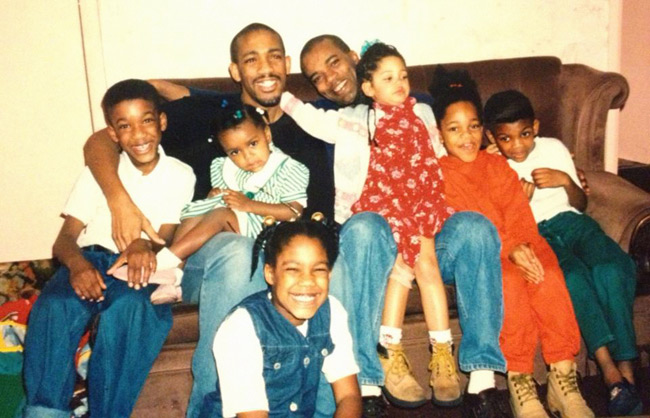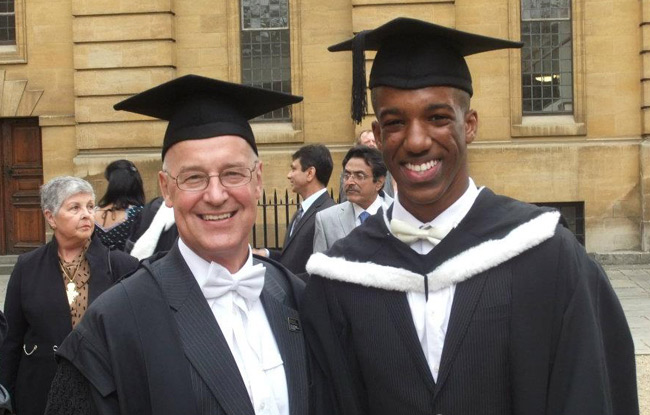

HandsworthDaniel Stone
Daniel Stone, a Widening Participation Internships Officer at the University of Birmingham and the Editor of Rare Rising Stars 2013, explores the dynamism between individuals and their environments by reflecting on his own experiences.
The fact that communities are formed of people much like ourselves should allow us to approach this topic with a degree of familiarity and confidence. I have experienced membership of a variety of communities determined by my geographic location (Handsworth, Birmingham and Crystal Palace, London amongst others), my education (Oxford and UCL) and my culture (Jamaican – especially when the 100m final is about to commence). I could add to this list: communities defined by my faith, my love of sport and my political persuasions - in fact the communities that I could rationally claim an allegiance to could quite easily reach the hundreds. But as well as being formed by us, communities also shape us. It is in this shaping that we are made uncomfortable and forced to accept the reality that there is difference within familiarity and that confidence can be a poisoned chalice. 
Let me give you an example. I lived in an inner city area of Birmingham called Handsworth until I was 18. Handsworth is wonderfully diverse and I recall my childhood being a kaleidoscope of fireworks to celebrate Eid and sweets to celebrate Diwali, Caribbean Saturday soup and the Friday trip to the local chippy. Then aged 18, I spent three months in a rural village in Ghana and would later spend three years studying in Oxford. Would I look and perhaps feel out of place in my new surroundings? Probably. Would I be familiar with customs such as eating fufu or wearing sub fusc? Definitely not. Could I state with confidence that I knew exactly what to expect and how best to prepare myself for it? Honestly, no. But I did know that change was not to be feared but to be embraced.  While my childhood experiences of Handsworth were mostly positive, the truth is that my community was also notorious for problems with gangs, drugs and low educational attainment, especially amongst black boys. In the naivety of youth, I tried to tackle these challenges head on and quickly found that my skill set wasn’t best suited to persuading and motivating disaffected young men. I now work at the University of Birmingham, am developing a plan for gradually reforming Handsworth through education and political engagement and have been reconnected to the first community I belonged to: my family. |